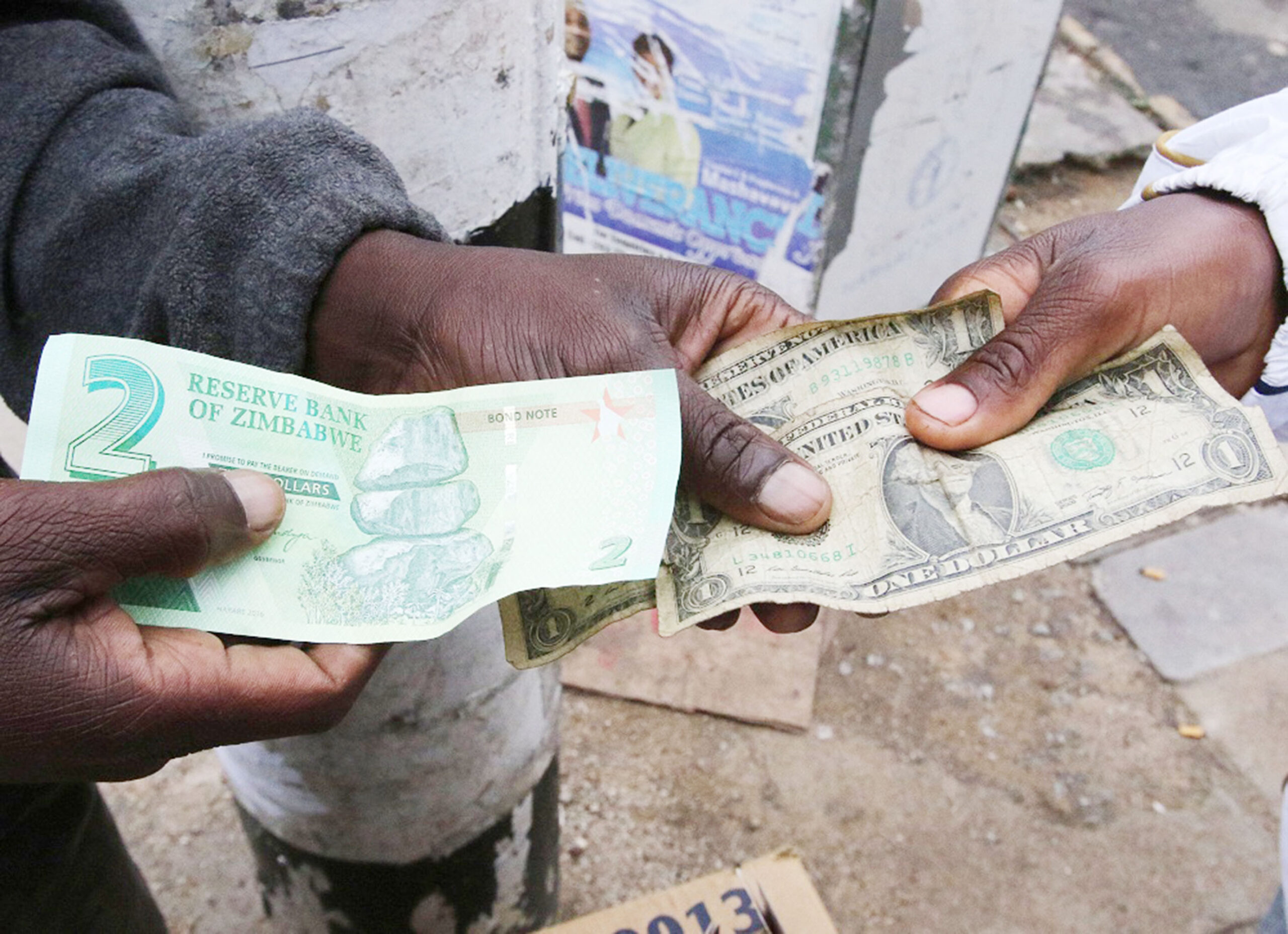Parallel market rates hurt economy: Cross
GOVERNMENT should take bold steps to tackle the continued speculative parallel market activity whose obscene exchange rates are hurting the entire economy, economist and former Reserve Bank of Zimbabwe (RBZ) advisor, Mr Eddie Cross, has said.
His sentiments come at a time when the black-market exchange rate, at around US$1:Z$200, is almost double the official exchange rate last pegged at US$1:108 when the foreign currency auction system went on a holiday break on December 14, 2021.
The jump in parallel market exchange rates has prompted some businesses, despite accessing cheap forex at the auction system, to increase the prices of basic goods and services.
Consumers have also expressed concern over the recent price escalation, which almost dampened the Christmas and New Year festive season as it chewed into disposable incomes. Treasury has said the wild exchange rates and price increases are not justified given the stable economic fundamentals and the tight controls on money supply.
The Ministry of Finance and Economic Development is, thus, faced with a daunting task in 2022 in terms of dealing with skyrocketing black market exchange rates, which are threatening economic gains achieved so far, said Mr Cross.
The Government will have to adopt bold measures to hold the bull by its horns in trying to curb speculative economic behaviour. This includes consideration to further liberalise the foreign exchange market and increasing the volume of forex on the market, he suggested.
“We have a definite problem and, in fact, in my view, this is the major issue, which confronts the Ministry of Finance in 2022,” said Mr Cross.
“The only way to collapse what they term BMR (black market rate), is in fact to open up the market for forex exchange and increase the volume of foreign currency being traded.”
While the prevailing exchange rate could be benefitting a lot of businesses and forex traders who are likely to frown upon the move, the net effect is negative to the entire economy as it tends to render workers’ salaries useless. Already, public sector workers are itching and lobbying for forex payments citing inflationary pressures, which erode
their purchasing power.
“Some banks are not in favour of that and the majority of businesses are making so much money out of the totally distorted situation,” said Mr Cross.
“So much that they do not want any changes to be effected. The Ministry of Finance has a very tough job on its hands because they virtually have to decide what is best for the country with the approval of the powers that be of course.”
Last year, the Government gazetted regulations to compel businesses to peg prices of goods and services in line with the official exchange rate and threatened to penalise those refusing to transact in the local dollar.
According to Statutory Instrument 127 of 2021 Presidential Powers (Temporary Measures), firms that abuse the foreign currency obtained at the foreign currency auction trading system will be heavily penalised.
Under the regulations, companies risk being fined $50 000 or its equivalent in foreign currency for refusing to take payment in local currency at the official exchange rate.
Financial institutions with clients that fall foul of the regulations would also be fined.
However, the measures have not helped much in stemming parallel market activity, which continues to thrive.
Industry leaders have also added their voice by calling for the fine-tuning of the auction system to ensure it assists in price discovery and closing the gap between formal and black-market rates.
While acknowledging these gaps, the business community has said that the auction system has become instrumental in supporting their operations, which has seen more 7 000 entities benefitting from close to US$2 billion allotted last year alone.-The Chronicle











